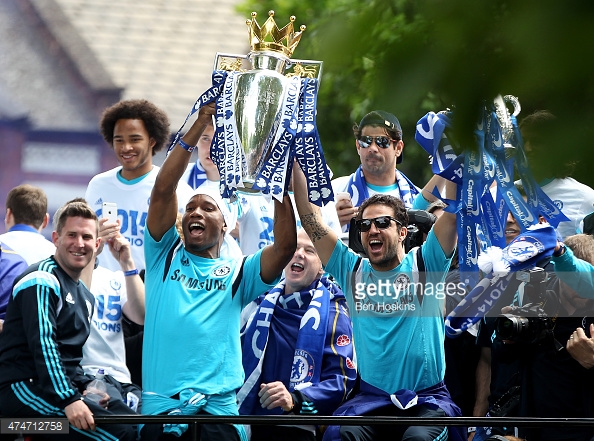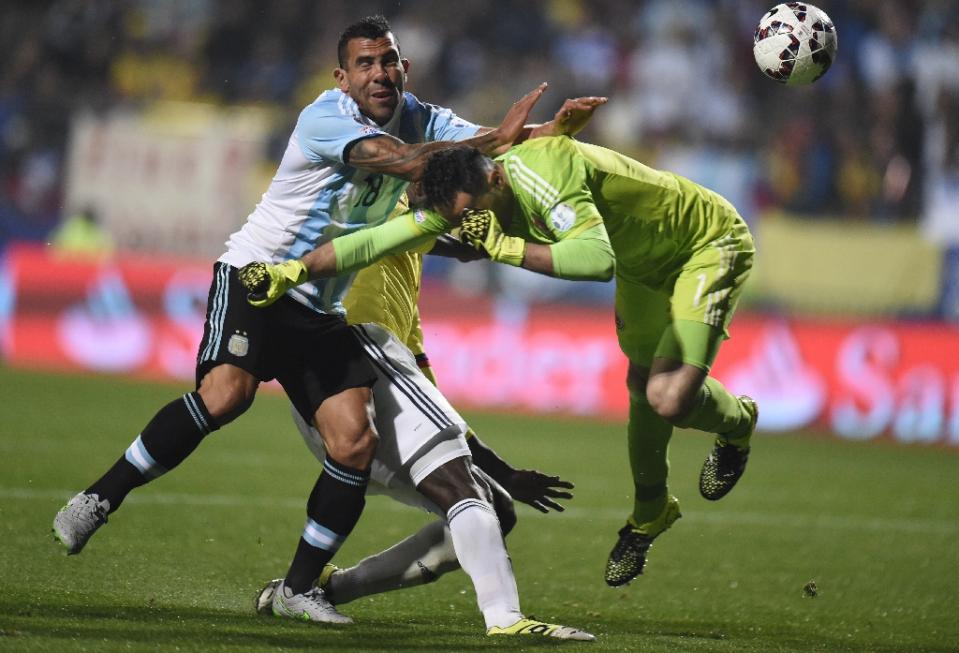The backend of last season saw Chelsea wrapping up the English Premier League at a canter, bringing the trophy back to Stamford Bridge for the first time in five years.
Though such an achievement would naturally spark envy from fans of other title challenging clubs, one would hope that ultimately the feeling across the English footballing community would be one of reverence for their new champions, and an excitement that the nation may be on the verge of producing a new European superpower.
As refreshingly reasonable as such an attitude may be, it was clearly too much to ask for the English media. In a society where negativity flows and praise is always so begrudging, the back pages of April and May filled up with column inches decrying The Blues as “boring” and somehow undeserving of their awaiting trophy.
Whilst more rationally-inclined pundits have pointed to the fact that Chelsea were the second highest scorers in the league and have made the outrageous claim that switching to a more defensive set up when you are leading a tight game with 20 minutes to go is not a war crime, the full extent of the hypocrisy of the Chelsea bashing has not yet been appreciated.
Indeed, it is symptomatic of a self-contradictory mentality where common-sense club management and success is at once demanded and derided—to the eventual detriment of the English game.
The “boring” good sense to which Chelsea have been criticised for runs deeper than simply employing negative tactics for pivotal games. The whole squad has been assembled to fit a certain style, one which emphasises reliability and robustness over flair and individuality.
Exceptionally talented players such as Juan Mata and Kevin De Bruyne have been sacrificed to support the overall system and at one point even the league’s best player Eden Hazard was touted to leave due to his overly individualistic style.
The arrival of industrious winger Willian and short-term return of Didier Drogba in an almost exclusive front-post-defending role has further cemented the squad around this winning philosophy.
So if building a team around a balanced strategy which can deliver success is what makes Chelsea so dull, then criticisms from fans of title-rivalling clubs are rich to say the least. Take Arsenal fans, who were most vocal in their “boring boring Chelsea” chants last season, for instance.
These same fans have been crying out for Arsene Wenger to make some defensive signings and were waxing poetic about the “understated genius” of Frances Coquelin, a player about as exciting as muesli but with whom Arsenal only lost twice last season.
Similarly, the Manchester United fans who were bitter after their defeat by Chelsea in April even though they had the majority of the possession (because apparently that never happens in football) also complain when their squad contains the same amount of senior number 10s as centre backs and therefore lose 5-3 to Leicester in a game that they would almost certainly have preferred to win 1-0.
In short, with very few exceptions, highly successful teams play a pragmatic style based on a solid foundation and only allowing a few select players too much creative freedom. Jose Mourinho’s success across the continent is testament to the universality of this fact.
Yes, football fans have every right to deplore this fact and try to push for winning trophies with only exciting football, but they cannot however moan when another team is successful through a pragmatic strategy and then complain about their own team employing an overly idealistic strategy.
The hypocrisy of English fans in their scorn pouring of Chelsea’s successes is not just limited to jealous fans of other title contenders who lament the lack of coherency to which their club is managed. Any fan who is complaining about the lack of presence of English sides in the latter stages of European competitions dare not have joined the “boring brigade” against Mourinho’s men.
Tactical naivety has been one of the biggest causes of this recent slump, most notably demonstrated by Arsenal’s gung-ho style against Monaco, which led to the only time in recorded history where Dimitar Berbatov scored on the counter.
Though Chelsea did not make it much further in Europe last season, they certainly have the tactical nous to navigate tricky two legged ties where keeping a clean sheet at home is of highest importance and therefore offer England’s greatest hope by a country mile of Champions League success.
Chelsea should in fact be seen as an example for other English clubs to follow. Whereas the Manchester clubs have been spending silly money creating top heavy teams packed with big names, many of whom often fail to deliver, Chelsea are gradually creating a side who although have star power, are ultimately greater than the sum of their parts and operate beyond their relative spend.
If that is seen as boring by English fans then they ought to be embarrassed.















